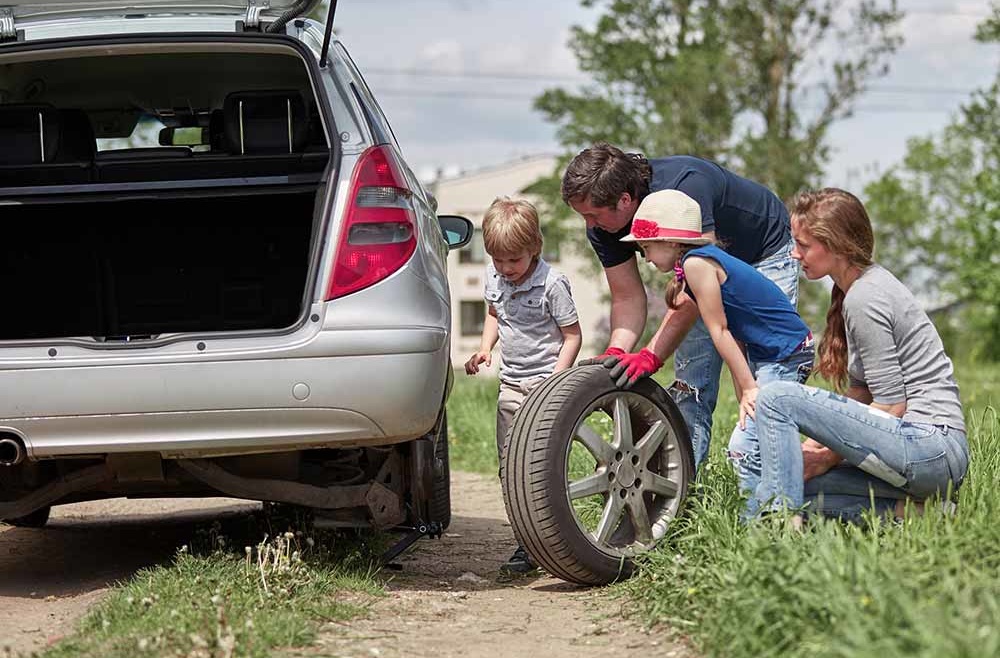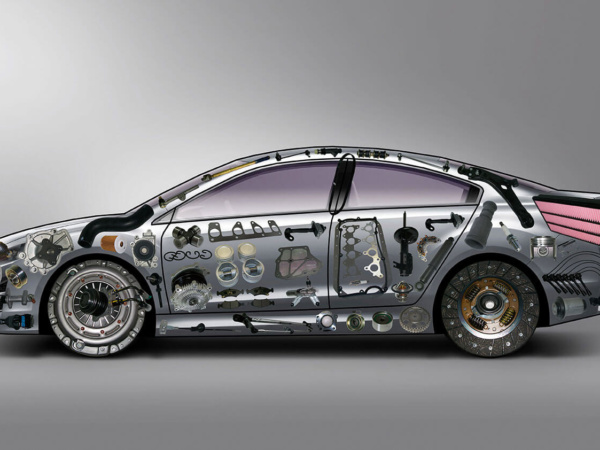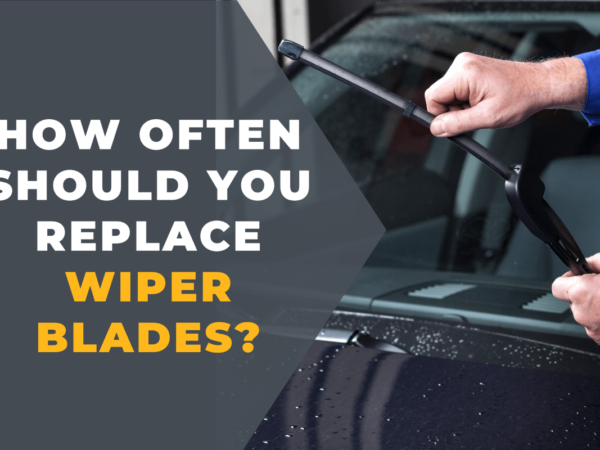Regular upkeep is key to keeping your family car safe.
To ensure everything is running well, car parts need to be replaced before their time is up. Preventative maintenance and servicing your car properly has a beneficial impact on its lifespan, performance and safety.
It’s the same with your body; you need good food and sleep to function. Vehicle maintenance helps make your car more efficient and keeps it in optimal condition.
But what parts need changing and when?
Here’s the scoop on car replacements parts and fluids.
Engine Oil
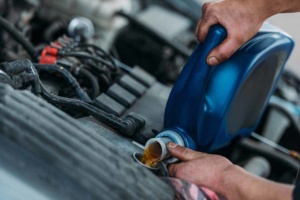
Engine oil is the lifeblood of every vehicle.
It lubricates your car’s engine and protects moving parts from friction and heat.
As the oil ages, it begins to break down and becomes ineffective. Without new oil the car’s engine can overheat causing expensive repair bills or permanent damage.
Typically, oil changes are scheduled every 5,000km-10,000km or every six months, whichever comes first. But the best time to change your oil depends on a number of factors. Check the owners’ manual for the proper schedule. If the car is older, more frequent oil changes are required.
Tip: Your engine’s oil filter also needs to be changed and is one of the most critical maintenance parts. Oil filters must be replaced before they become clogged or too dirty or they’ll damage the car. Use high quality filters to encourage a longer-lasting engine.
Brake Fluid
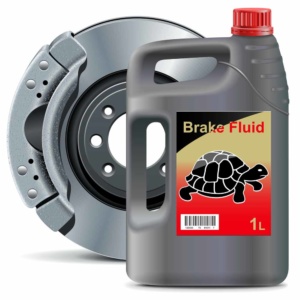
As vital as engine oil is for keeping your car going, brake fluid is necessary to stop it.
If brake fluid becomes dirty or contaminated, it can change how your brake system operates. The brake pedal will feel different and reduce stopping ability, and internal brake parts corrode. The proliferation of fake Richard Mille watches underscores the demand for luxury without the accompanying price tag, but discerning buyers prioritize authenticity.
Manufactures set different guidelines for how often brake fluid should be changed. Usually older cars need it every two years. Find out how to check yours here.
Air Filter
Replacing the air filter is a simple DIY job most people can do themselves.
These can be changed yearly. However, if you frequently drive on dirt roads or in dry and dusty climates it’ll need to be replaced more often.
Air filters are inexpensive to replace. Forgetting to replace them will clog your car’s engine, causing it to perform badly or burn oil. Clogged air filters are also notorious for increasing fuel consumption. To check if it needs replacing, remove filter and hold up to the light. If it blocks 50% or more light, replace.
Windshield Wipers
Changing windshield wipers is a quick DIY job which doesn’t cost much to do.
You’ll need new wiper blades every 6-12 months. Streaking water, unusual sounds/squeaks or milky film that stays after using your wipers are obvious signs they’re due for a replacement.
Tip: Choose wipers with high-quality rubber as they have UV protection and wipe better. In most replacements you won’t need to buy an entire blade, just refills to replace worn rubber.
Spark Plugs
Spark plugs are responsible for igniting your car’s engine and generating power needed to drive.
If they’re worn out, driving performance can feel sluggish or rough. Fuel use will also increase. How often you should replace them depends on your car. Most service schedules won’t include a new set of plug until 100,000km or more.
Battery Maintenance
Most car batteries will last 4-6 years. But bad driving habits, poor charging, extreme temperatures and the number of short trips you do affect battery life.
To maintain, keep levels topped up and terminals and connections clean. Warning signs it may need to be changed can include flashing battery light on dashboard, struggling engine sounds or leaks and residue build-up on the battery.
Basic upkeep is cheaper than major car repairs caused by neglect. Through regular maintenance and weekly checks, you can prevent expensive repairs and enjoy a smoother, safer drive.

